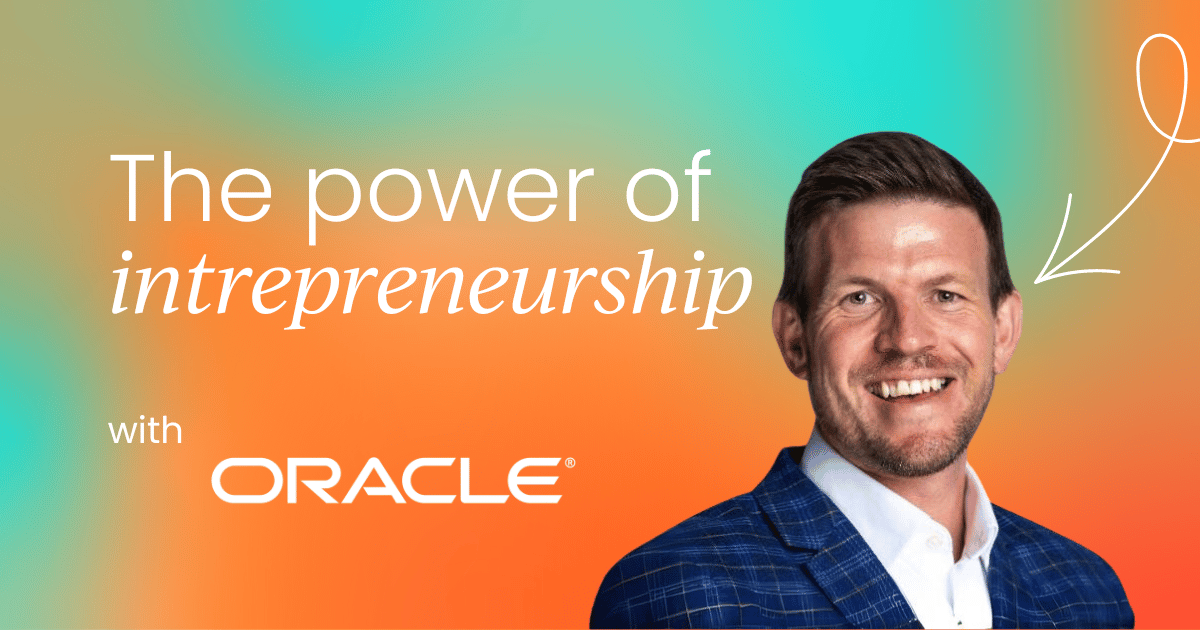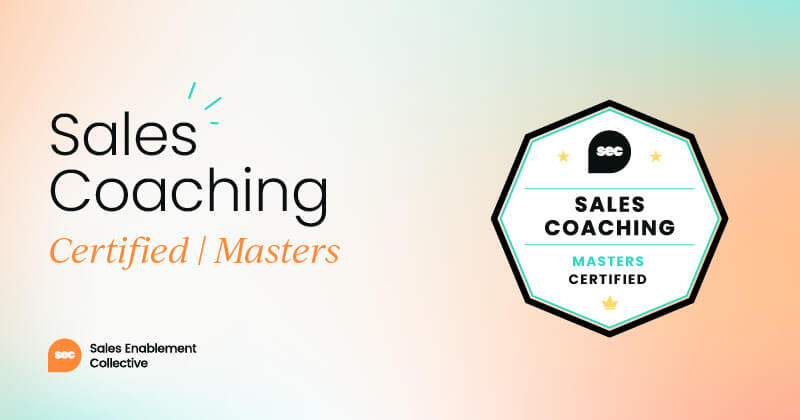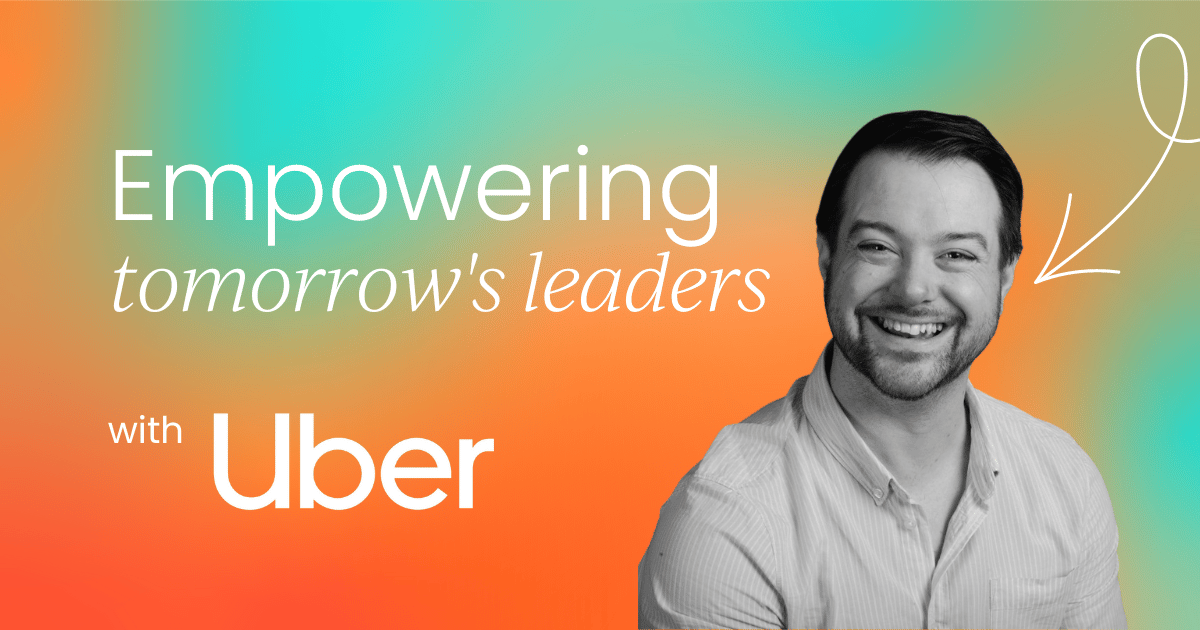This article comes from Andrew Raymond’s insightful talk at our Sydney 2023 Sales Enablement Summit, check out his full presentation here.
As a sales enablement leader, what keeps you up at night? For me, it's not the day-to-day enablement challenges – it's how we're investing in and developing the next generation of talent in our field.
I'm Andrew Raymond, Head of Sales Enablement for APAC at Uber. With 20 years of leadership experience and 15 years in enablement under my belt, I've learned a thing or two about developing talent. Today, I want to share with you my approach to building the next generation of sales enablement professionals.
In this article, I'll take you through Uber's sales enablement strategy, the three key principles I use for developing talent, and some real-world examples of these in action.
My goal is simple: to help you accelerate the growth of your team members, so they can achieve in two to three years what took me 15 years to learn.
So, let’s get started!
Building the next generation
Let's get right to the heart of the matter – how we can support and grow the next generation of sales enablement pros. I've broken this down into three main areas, each inspired by a quote that resonates with me.
1. “Know thyself”
The ancient Greek aphorism "Know thyself" is inscribed on the Temple of Apollo at Delphi. In our context, it speaks to the importance of organizational and self-awareness.
Know your company
Sales enablement means different things to different organizations. There's no one-size-fits-all approach. It's crucial to understand what it means within your company, but also to have a broader perspective.
If you know what sales enablement looks like at Xero, Adobe, Oracle, and others, his wider view will help you develop talent that's not just suited for your organization, but for the industry as a whole.
Understand your biases
We all have biases, both personal and organizational. I'll be the first to admit that I'm biased against process. It drives my team crazy sometimes! I'm more inclined towards development, growth, and mindset improvement.
Recognizing this, I make sure to structure my enablement team around people who are process-oriented to balance things out.
When you're coaching and developing your team, be aware of your biases. Don't just develop them based on your preferences – give them a well-rounded skill set that will serve them wherever their career takes them.
Park your ego
When it comes to addressing organizational and personal gaps, you need to park your ego. A great book on this topic is "Ego is the Enemy" by Ryan Holiday – I highly recommend it.
Here's a real-world example: During a recent catch-up with one of my team members, we identified that go-to-market strategy was a gap in both our organization and her personal skill set.
Now, I'll be honest – I don't know enough about go-to-market strategies to effectively coach her on this. So, what did I do? I reached out to a colleague at another company who's an expert in this area and asked if she could mentor her.
The point is, don't let your ego prevent you from seeking outside help when it's in the best interest of your team's development. Be less concerned about potentially losing talent and more focused on their growth.
2. “Curiosity is the engine of achievement”
This quote from educationalist Ken Robinson perfectly captures the importance of curiosity and genuine interest in talent development.
Ask the right questions
Knowing what questions to ask, when to ask them, and how to ask them is crucial. If you're not familiar with the difference between what, how, and why questions, I'd suggest doing some research.
Build trust and safety
Effective questioning needs to be built on a foundation of trust and psychological safety. I spend a lot of time building trust with my team, and it's important to recognize that trust means different things to different people.
Psychological safety is equally important. When team members feel safe to take risks and be vulnerable, it leads to better learning, higher performance, and more innovation.
Follow through and follow up
This might seem obvious, but it's worth emphasizing – always follow through on your commitments and follow up on discussions. Don't be flippant or tokenistic in your interactions.
Your team will know if you're not being genuine, and it will erode the trust you've worked hard to build.
3. “Clear is kind”
This quote from Brené Brown's "Dare to Lead" (a book that changed my life as a leader) underscores the importance of clarity and accountability in talent development.
Provide a clear growth path
Every member of your team should have a clear understanding of their growth path. This isn't something you impose on them – it's something you work on together.
Give them opportunities to learn, experience new things, and talk to people in different roles to help them figure out where they want to go.
Link performance coaching to development
When your performance coaching is directly linked to your team members' development journey, the results can be exponential.
You can speed up learning that might otherwise take months or years when your feedback is targeted and aligned with their growth plans.
Set clear deliverables and timelines
Make sure your team's deliverables are linked to their growth plans. I always include projects in our priorities that the commercial teams might not even know they need yet, but that I know will help develop my team's skills for the future.
When it comes to timelines, I believe they should be both realistic and aggressive. It's a delicate balance, but it pushes your team to grow while still setting achievable goals.
Putting it all into practice
Let me share a recent example of how we put these principles into action. Megan, a member of my team, had done a fantastic job managing the rollout of our ads and offers program across APAC – a complex project spanning five countries, languages, and different sales teams.
When our global head of ads needed something similar done in France, I could have easily sent the deck to our team there or had Megan do a train-the-trainer session. Instead, I decided to send Megan to Paris to lead the project herself.
Why? For two reasons:
- I wanted her to experience working for us in a completely different environment.
- I wanted her to go through the challenge of managing stakeholders in a different language and culture.
Was it easy? No. There were tears, doubts, and moments of impostor syndrome. But I saw what she was capable of, even if she didn't see it herself yet.
There was a critical moment in the project where it could have gone either way. As a leader, I had to decide whether to step in or let Megan handle it. I chose to support her from the sidelines, actively coaching her through the stakeholder management process.
The result? The project was a resounding success. But more importantly, Megan grew tremendously as a professional.
This success was a product of the partnership between the project goals and Megan's growth journey, built on the foundation of trust and a coaching mentality we'd established.
Final thoughts
If there's one thing I want you to take away from this, it's this: investing in the next generation of talent should be your number one focus as a leader. Not number two, not number three – number one.
Your team should be the most important thing on your radar. If you're spending more time with your stakeholders than with your team, you need to flip that model.
Because at the end of the day, it's your team that will drive the success of your organization and the future of our industry.
Remember, we're not just building better sales enablement professionals – we're shaping the future of our field. So let's make it count.


Sales enablement insider
Thank you for subscribing
Level up your sales enablement career & network with sales enablement experts
An email has been successfully sent to confirm your subscription.
 Follow us on LinkedIn
Follow us on LinkedIn


.png)








